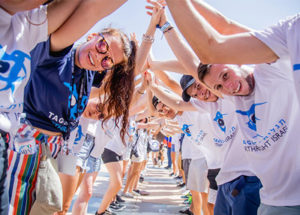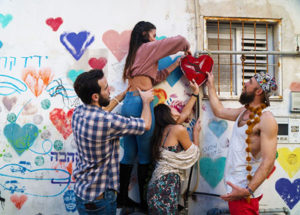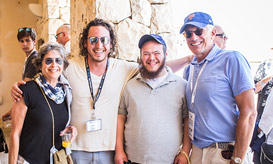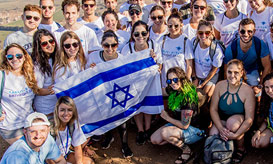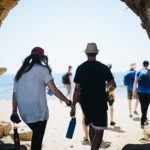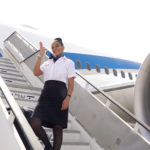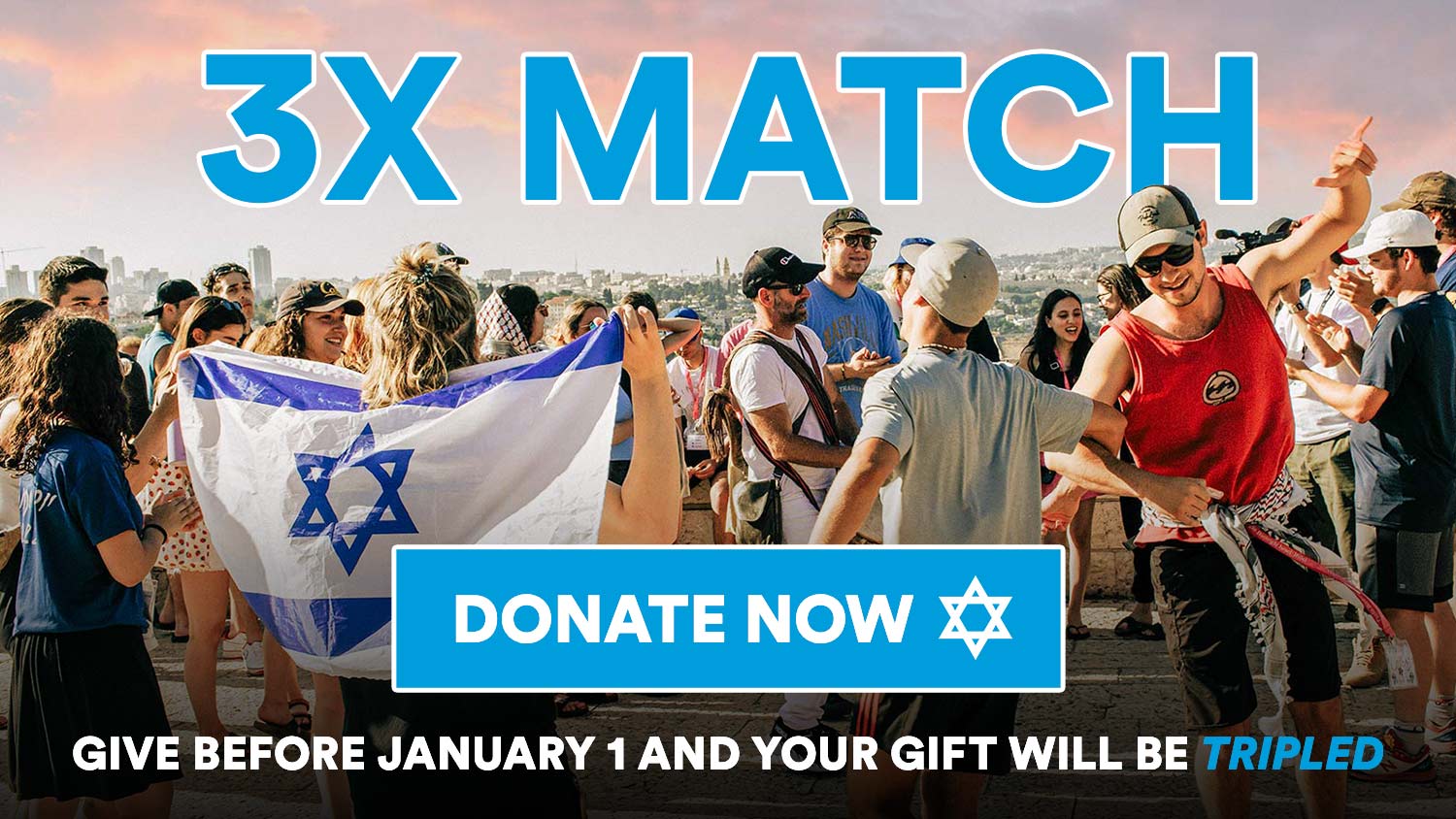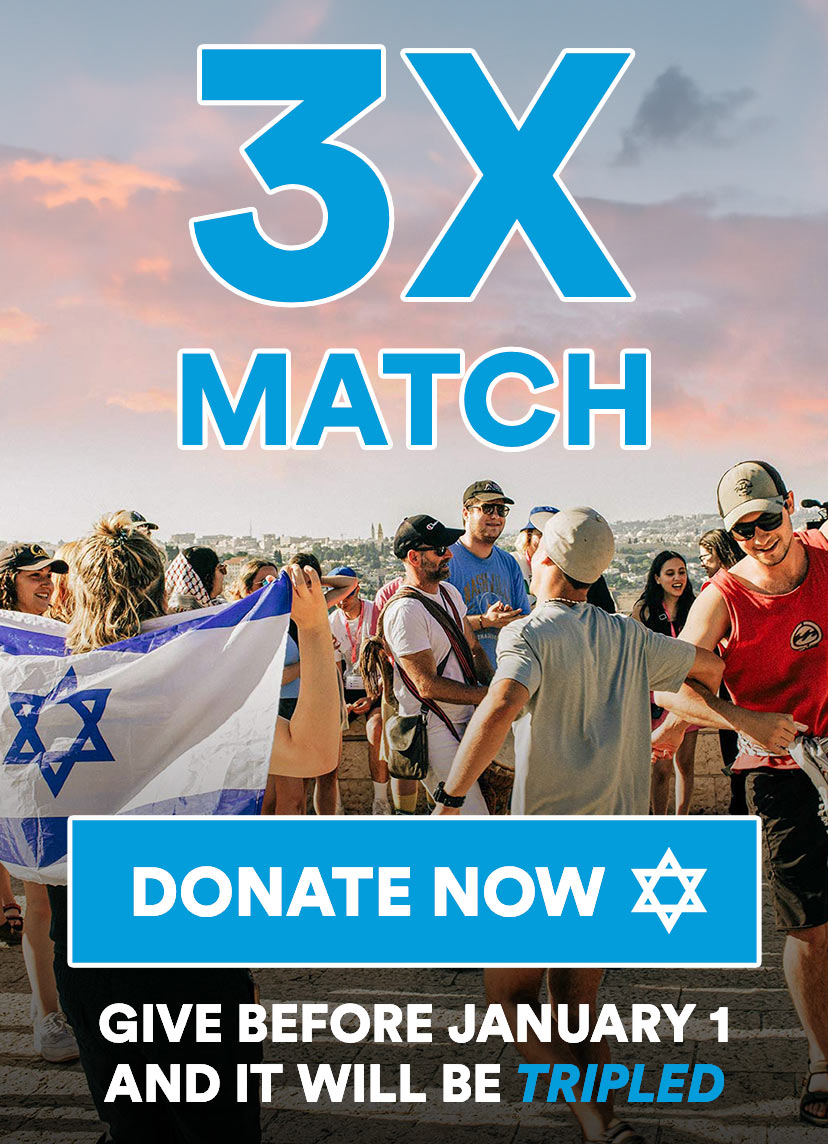Since Birthright Israel's inception, 115,000 Israelis have participated in this extraordinary educational experience. The Israeli element…
It may seem like Israeli and American Jews are worlds apart, but as Mifgash Shavit Rootman learned during Birthright Israel, we actually have a lot in common. When he stood with his group at Mt. Herzl, where fallen soldiers are buried in Jerusalem, he met another participant, an American Navy veteran. The two bonded over their reasons for service (Rootman is in the Israeli Defense Forces) and their sacrifices. The two remain close friends today.
In addition to discovering their commonalities on Birthright Israel, Rootman realized that as a Jew, he was protecting more than his land. “I found a higher purpose in fighting for people such as my Birthright Israel friends and Jews around the world,” he said. “Regardless of where we are born and the color of our skin, we all have one shared history.”
Over the past 20 years, 115,000 young Israelis like Rootman have come together with Diaspora Jews from the U.S. and around the world through Birthright Israel. Even though they grew up in different countries, participants (more than 800,000 since 1999) learn that the Jewish people are one large extended family.
The Mifgash Factor
When it comes to our Mifgash program, we have Birthright Israel Foundation donors Arlene Kaufman and Sandy Baklor to thank. They had the foresight to include Israeli participants, and the success has been undeniable.
In a Brandeis University survey of Mifgash alumni, 78 percent felt “very strongly” that Birthright Israel strengthened the importance of their army service, 83 percent felt it contributed to their understanding of Jewish life in the Diaspora and 88 percent reported that it is “extremely” important to continue the program.
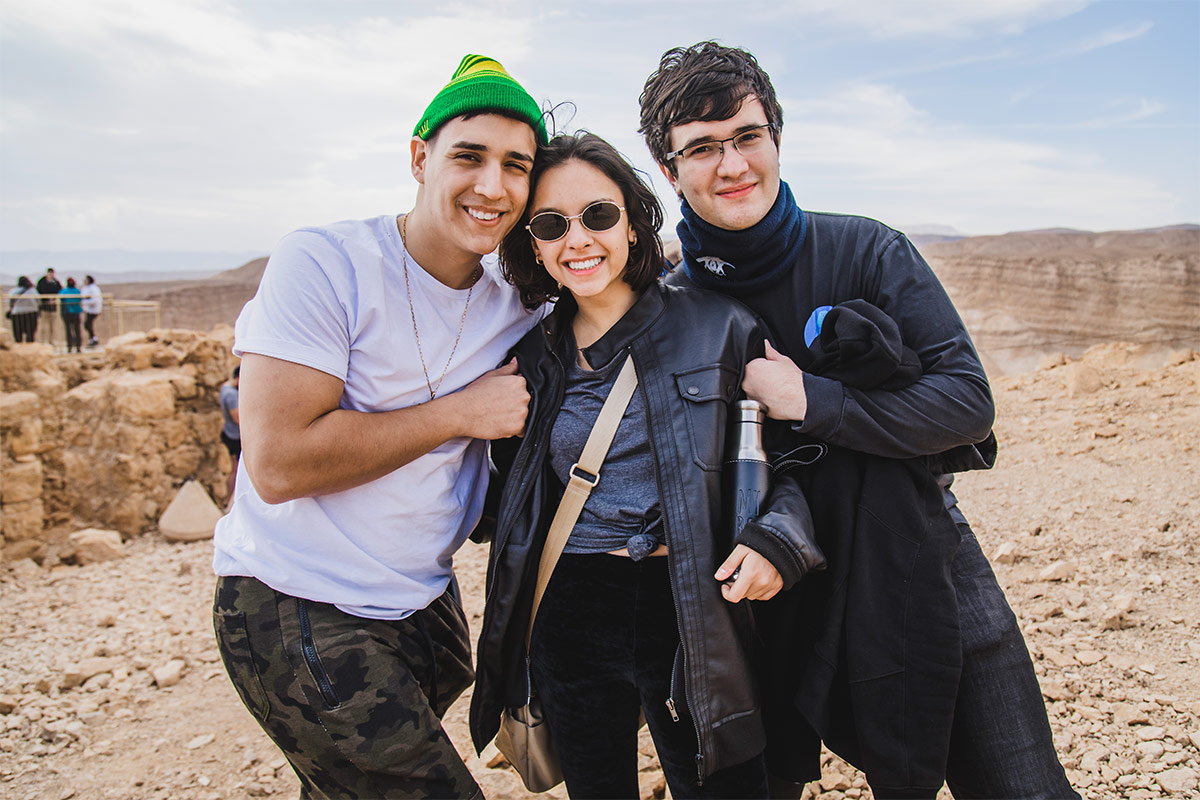
Primarily soldiers and young professionals, Birthright Israel Mifgashim are full participants for about half of the trip. They ride the bus with Diaspora participants, join their Israel exploration and education, and take part in one-on-one discussions.
The Brandeis report “Encountering the Other, Finding Oneself” explains that bringing these two groups together creates “a common framework of identification,” which lets participants examine “their taken-for-granted assumptions regarding religion, nationality, and peoplehood.” Ultimately it leads to their sense of “belonging to the Jewish people” as a whole.
“Birthright Israel … brings Jewish people from all over the world to realize that they have a family to which they belong,” said Rootman. “Israel is a place where we can all connect and where Jewish people from all over the world will always have a warm place. And as for me, my experience made me realize that as an Israeli, there is a bigger family and purpose to which I contribute.”
American Jewish Views
Interacting with Mifgashim and other Israelis also has a life-changing effect on many Diaspora participants.
For alumnus Aaron Kaufman, meeting Israelis during Birthright Israel helped him accept his disability. Kaufman took part in the No Limits niche Birthright Israel trip. In Israel, his tour educator, Omar Tzur, introduced the group to his father, a wheelchair user who was wounded in war. “Omar brought us to his family home to meet his father and learn about what it is like to be disabled in Israel,” said Kaufman. “It was also very special to have the opportunity to interact with Israeli military personnel who have disabilities. This experience changed my outlook and helped me to accept my disability.”
Alumna Sarah Fielding was nervous that she wouldn’t be Jewish enough to fit in with her Birthright Israel group. Her fear soon subsided when she met her fellow participants, but reemerged once Mifgashim joined the group. “I found myself once again feeling fear that I would be judged for the way I practiced my Judaism,” she said.
Instead, she was comforted to find that most of the Mifgashim were just like her: more culturally Jewish than religious. “Their presence became the most impactful aspect of the trip in more ways than one,” she said. “Without speaking to the people who call a place home, it is impossible to have any chance of understanding what it is really like.”
Meeting Mifgashim also had quite an impact on alumna Jenna Pfeffer. At first she thought, “Gosh, they are so young. Here I am theorizing about political campaigns at school and here they are putting their lives in danger to protect Israel and Jews around the world.” Soon Pfeffer realized the Israeli participants were just like her. “They wanted to listen to music and have a good time, and they had dreams and hopes for careers after the army just like we did,” she said. “There was no way I could return home and not do my small part after meeting my peers who were protecting me.”
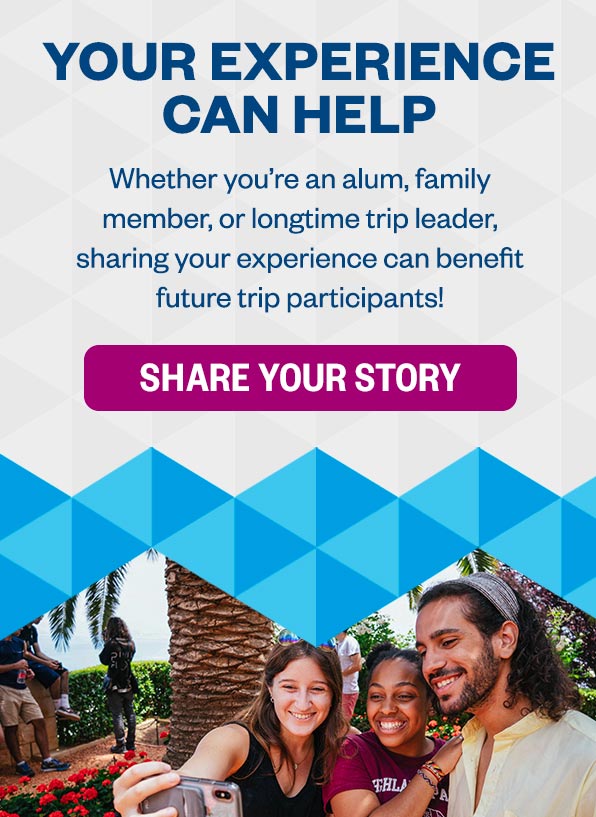

Back home, she worries about the future of Jews worldwide if the younger generation does not continue to visit Israel. That’s why she is thankful for Birthright Israel and the Mifgash program. “How do we ensure the continuity of the only Jewish safe haven in the world?” she asked. “We send our youth to Israel. Let them see it firsthand. Let them see the Israeli Jews who love us, who protect us, who die for us. They will return the love.”
Mifgash Views
Mifgash alumna Adi Wegrzyn experienced such a special sense of “togetherness” with her Birthright Israel group that even one year later the magic and memories stay with her. In fact, with COVID-19 pandemic impacting people across the globe, Wegryzn recently took part in a Zoom call with 30 of her fellow alumni from the US and Israel. “We exchanged experiences of our Passover Seders during coronavirus,” she said. “Sometimes I forget that my American friends from Birthright Israel also celebrate the same holidays and we have a lot in common even if we are at different ends of the world.”
Mifgash alumnus Niran Avni agreed that Birthright Israel leads to meaningful connections. “How people from two different countries and who hardly spoke the same language could connect in just five days still astounds me to this day,” he said, adding, “Thank you
for changing the lives of thousands of Israelis who have learned to value their country and their religion through the eyes of others.”
Another Birthright Israel Mifgash, whose name was not given, shared his experience with Jewish Federation of Greater Los Angeles and trip provider Israel Outdoors. In his note, he said he went on the trip assuming he knew all there is to know about Israel. He never expected to become even more attached to Judaism and the Jewish state, but Birthright Israel broke his “very hard” shell. “With you I felt so confident, and I want to thank you so much,” he said. “You guys showed me how amazing and awesome you all are, and I am so happy that I got to know you all, each with his own unique character. I wish we could have so much more time together.”
One Jewish Community
As Birthright Israel’s US funding arm, Birthright Israel Foundation aims to send more than 50,000 Jewish young adults to Israel each year. We ask you for donations in order to ensure a vibrant future for Jews everywhere.
By uniting young Diaspora Jews with their Israeli counterparts, we not only create meaningful connections but also protect the Jewish people for generations to come. As alumna Elizabeth L. puts it: “Being Jewish means Israel will always be your home, no matter where you choose to spend your life,” and, “the Mifgashim are your brothers and sisters.”
Did you create a meaningful connection with your Mifgashim? Share Your Story.

